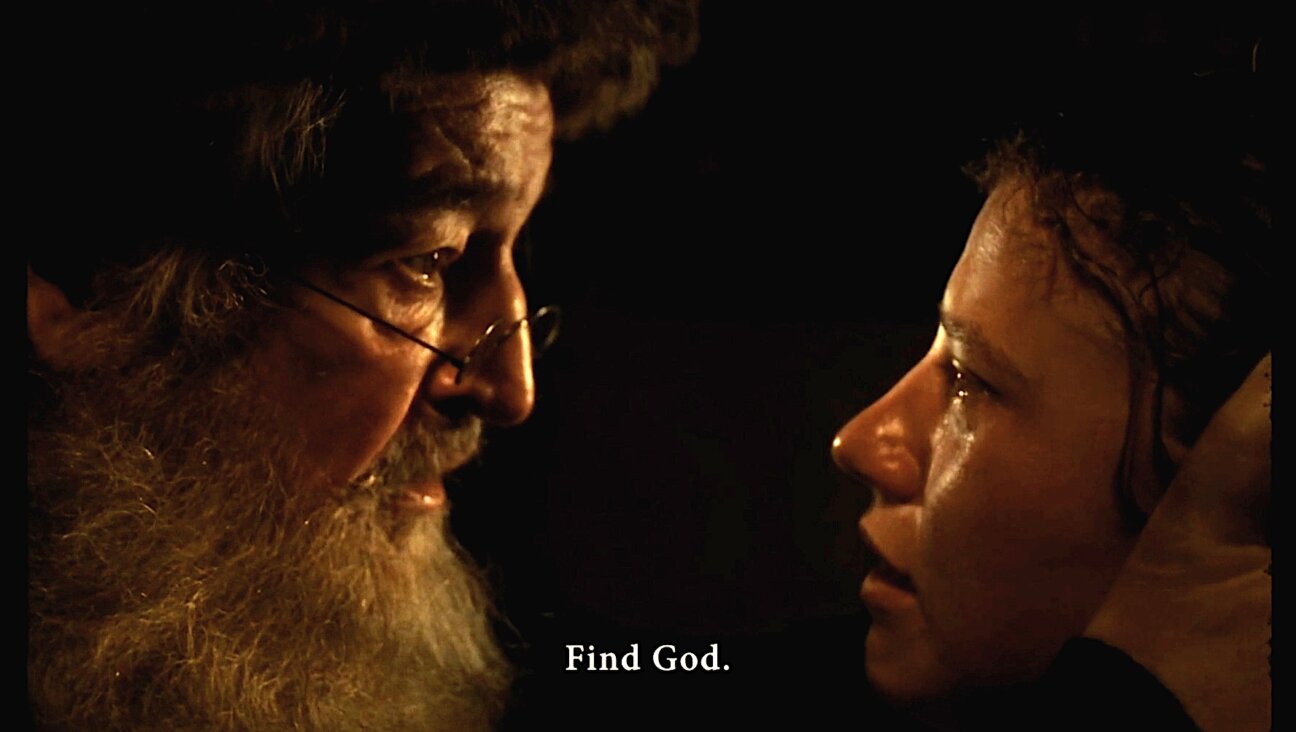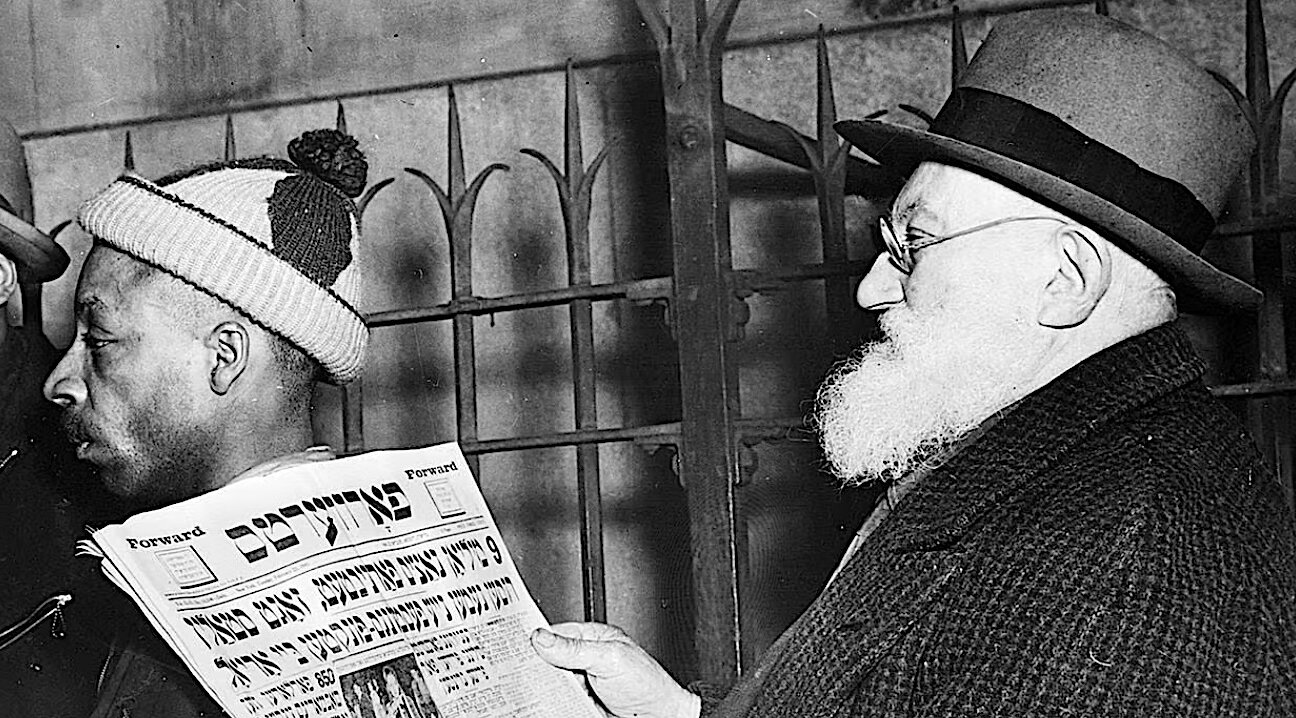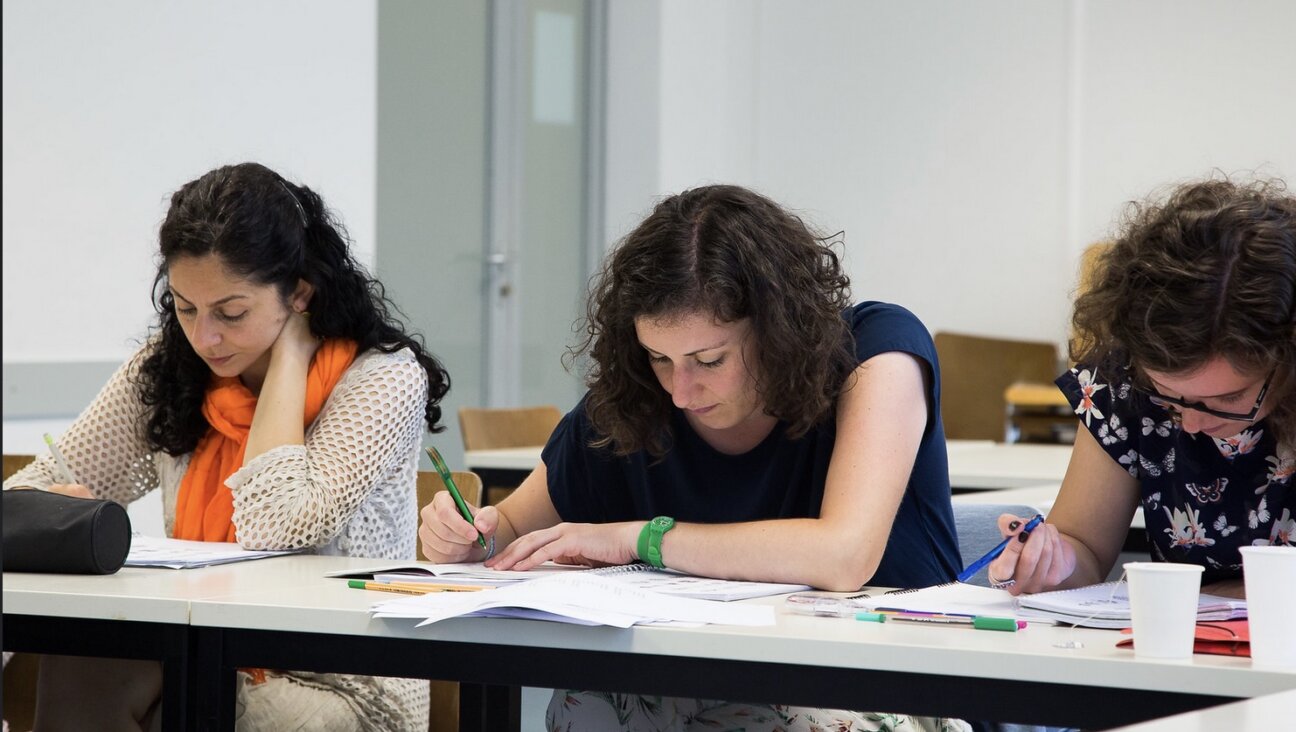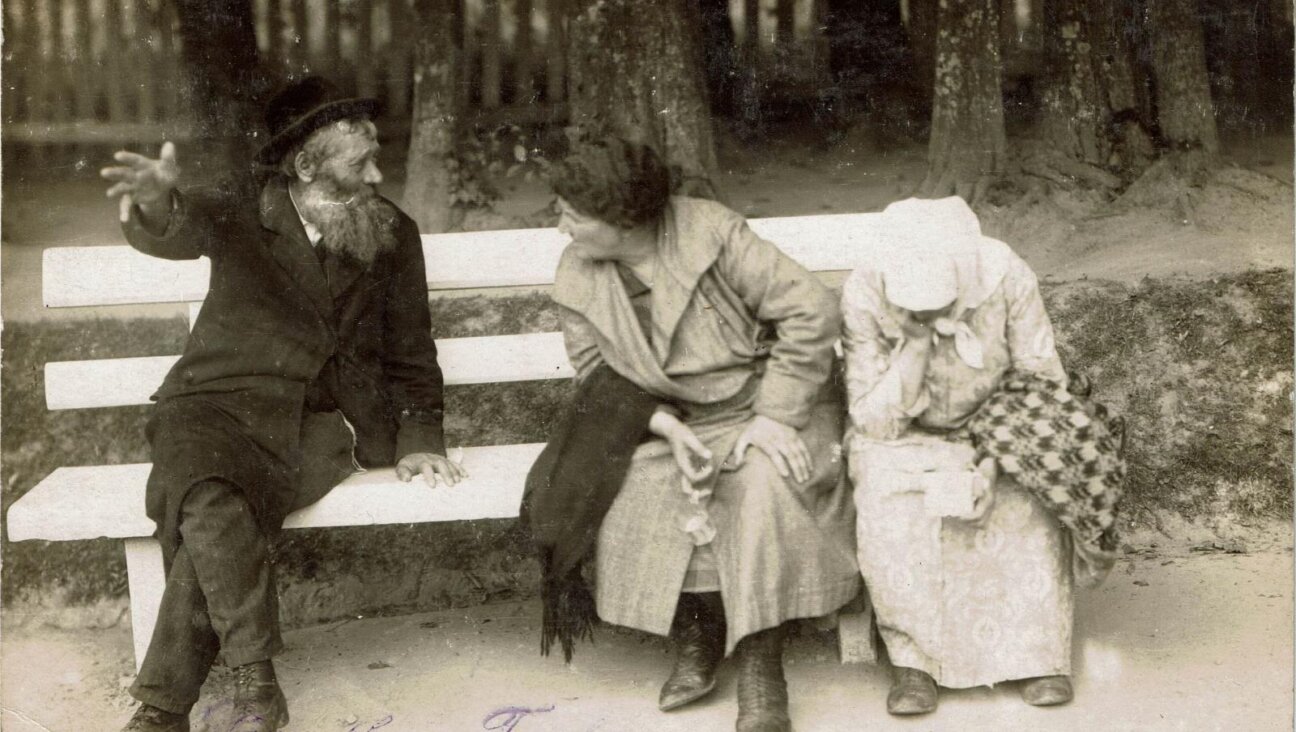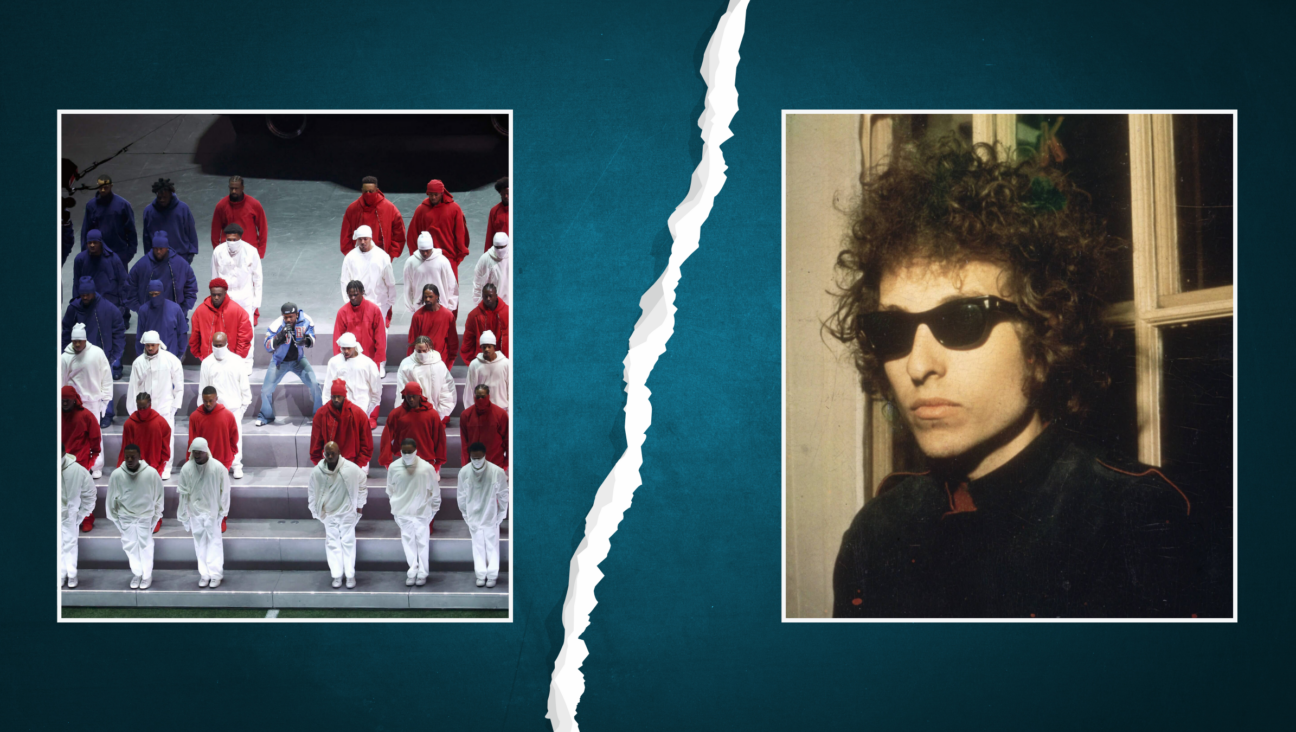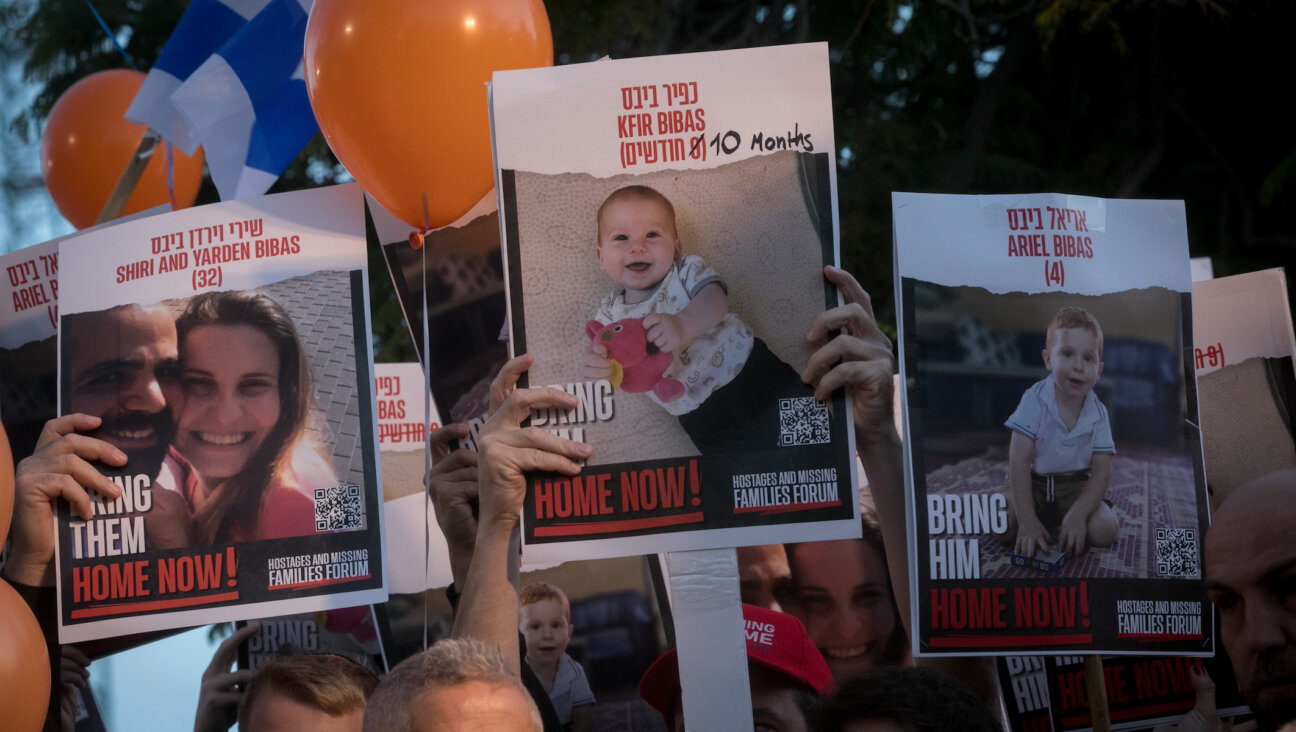Psychologist, writer and Yiddish culture activist Michael Fox has died
In addition to a memoir, Fox authored two plays, a children’s book and three novels.
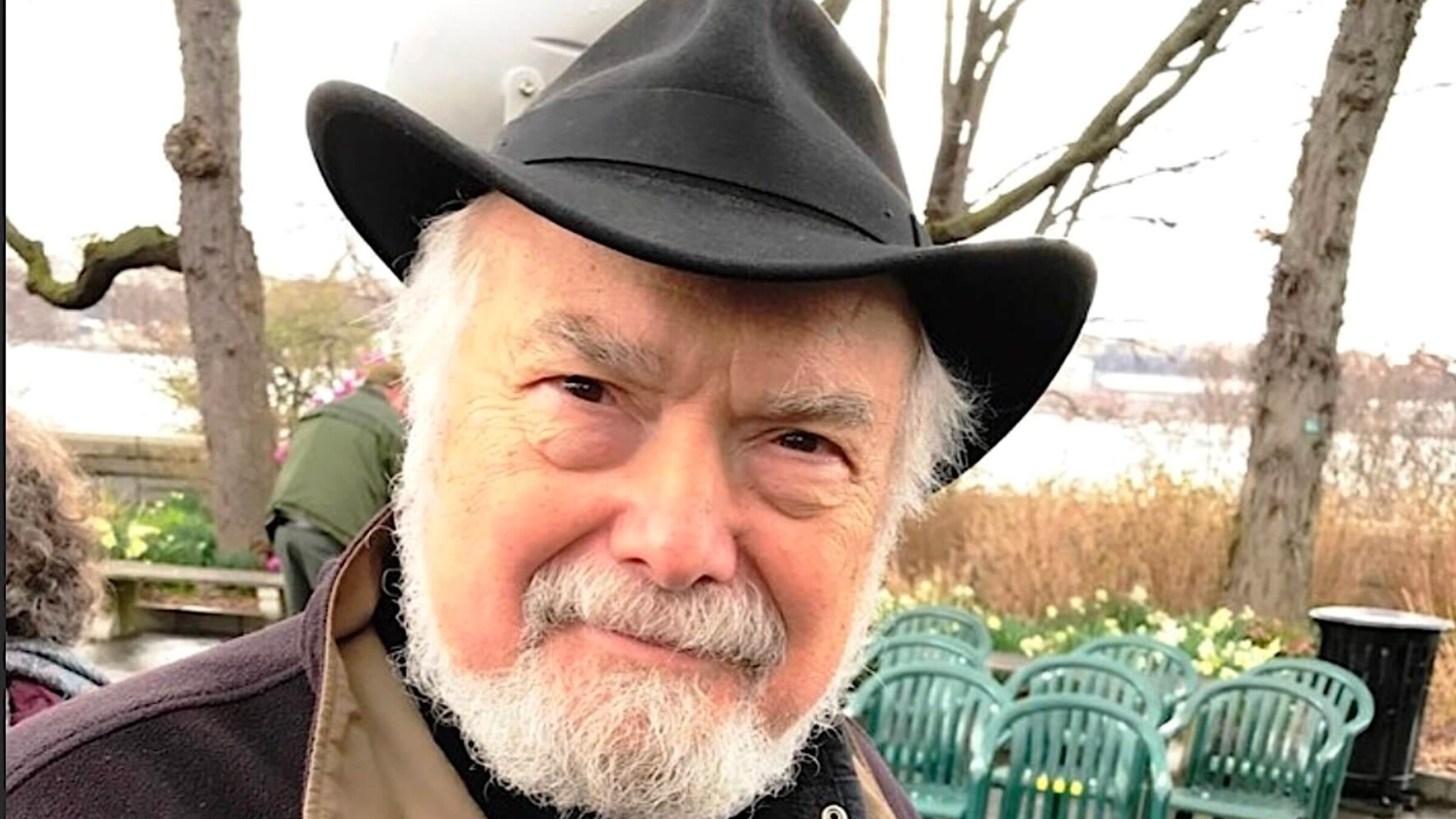
Courtesy of Alex Fox
Michael (Menachem) Fox, a Yiddish-speaking psychologist and author of the book Becoming Ordinary: A Youth Born of the Holocaust, What I Kept, What I Let Go… about his turbulent life as a child of traumatized Holocaust survivors, died of cancer on Tuesday, Jan. 14 in New York. He was 79 years old.
Fox was a native Yiddish speaker who cherished the language. Although his father, a well-known Yiddish poet, Chaim Leib Fox, and his mother, Leah, sent him to a yeshiva as a child (“in order to get a solid Jewish education,” his father said), Michael always said that he truly blossomed when he discovered the secular Yiddish socialist summer camp, Camp Hemshekh. It was there that he first met fellow children of Yiddish-speaking Holocaust survivors with whom he stayed close until the end of his life. A song he wrote at Hemshekh, “Miracles Were Made for Moses,” remained popular among Hemshekh alumni even after the camp’s closing in 1978.
Another song which he wrote in 2001 — the bilingual song “Regnboygn” (Rainbow) — became so popular it was recorded by several performers, including Andrew Keltz and Yossi Dresser. Initially, he wrote the song as a strategy to teach colors to children in a secular Yiddish school but later he said that after 9/11 the song became for him an “indirect consolation of the tragedy that stated the world was still basically beautiful and humanity fundamentally good… The image of the rainbow is from Noyakh (Noah). It symbolized that God would not destroy the world again.”
“He had a song for every occasion,” his son Josh wrote in an Instagram post several days before his father’s death. “I think that’s one of the best things a person can do, constantly remind people of songs. I hope he is, even though he’s not singing now, he’s singing somewhere in his head. In his dreams.”
“He was my rock star that performed at my sweet 16 in our family home in Brooklyn,” said fellow Hemshekhist Janice Baran. “The world just got darker… zol er hobn a likhtikn ganeydn, may he find a sunny part of Paradise.”
Michael Fox was born in Kazakhstan in 1945, the youngest of three brothers. In his book, and in an article he wrote for the Forward, he described the deep poverty his family experienced both during the war in Kazakhstan, and then afterwards in Paris and New York City.
Fox spent most of his career working as a psychologist in the public schools of Yonkers and Mamaroneck, New York. After retiring, he counseled Yiddish-speaking Hasidic special needs children and their families in Brooklyn for fifteen years, and wrote a moving article about the experience.
Remaining close to his roots in younger days, Menachem also taught Yiddish songs to children in secular Sunday and afternoon schools. In collaboration with musician Zalmen Mlotek and singer Joanne Borts, he co-created and performed in Kids & Yiddish, a musical show for families at the National Yiddish Theater/Folksbiene.
In addition to his memoir, Fox authored two plays, a children’s book and three novels. One of these plays, a musical called Shaydveg (Crossroads), was never published, but in 2023 he began collaborating with klezmer musician Zisl Slepovitch to turn it into a theatrical work.
“It’s set in a shtetl as the big social and political changes were coming,” Slepovitch said, “and Jews there got split between the old world and new world, different political and religious persuasions, but also showing their humanity and pain for each other on most human levels.”
“Menachem wanted to have his play staged, but even more he wanted to leave a legacy,” Slepovitch added. “And he did — with his sincere songs, his humanity, his love for Jewish people and Yiddish language and culture.”
Michael Fox is survived by his lebns-bagleyterin (long-time companion), Rena Berkowicz Borow, three adult children, Josh, Alex, and Oriana and several grandchildren.
To see an interview with Michael Fox, conducted by the Yiddish Book Center, go here.
A message from our Publisher & CEO Rachel Fishman Feddersen

I hope you appreciated this article. Before you go, I’d like to ask you to please support the Forward’s award-winning, nonprofit journalism during this critical time.
At a time when other newsrooms are closing or cutting back, the Forward has removed its paywall and invested additional resources to report on the ground from Israel and around the U.S. on the impact of the war, rising antisemitism and polarized discourse.
Readers like you make it all possible. Support our work by becoming a Forward Member and connect with our journalism and your community.
— Rachel Fishman Feddersen, Publisher and CEO








